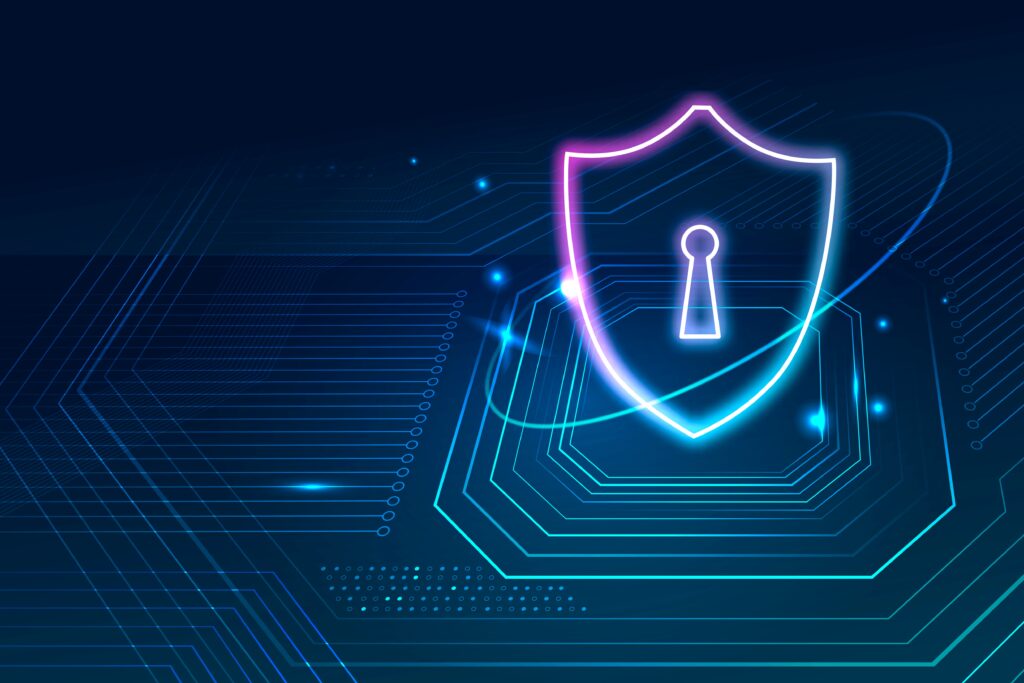Source: https://www.forbes.com/sites/sap/2024/06/17/erp-ai-and-the-evolving-cybersecurity-landscape/

The integration of Cloud ERP, Business AI, and emerging technologies like generative AI (GenAI) has revolutionized business operations but also introduced new cybersecurity challenges. In 2023, data breaches cost businesses an average of $4.45 million each, with breaches often going undetected for an average of 207 days. These trends highlight the urgent need for advanced security measures.
Traditionally, strong defenses like castle walls protected valuable assets. Similarly, digital assets rely on firewalls and intrusion prevention systems. However, modern threats such as advanced persistent threats (APTs) are adept at circumventing these defenses.
Cloud ERP and Business AI have created intricate systems where traditional security measures are no longer sufficient. With over 60% of enterprise data now stored in the cloud and remote workforces accessing networks beyond traditional boundaries, the challenge has expanded.
GenAI, a powerful tool that learns and mimics human thinking, requires vast amounts of data for development. Without strict data classification, sensitive information could accidentally be included in models, increasing the risk of data breaches. Moreover, GenAI’s vulnerabilities can be exploited to generate fake content or manipulate data.
To address these challenges, a proactive approach to cybersecurity is essential:
- Embrace Security Frameworks: Adopt frameworks to move beyond basic compliance and develop a comprehensive security strategy. Ensure the framework emphasizes proactive measures such as governance, detection, protection, response, and recovery.
- Implement Zero Trust: Assume breaches will occur and verify every user’s identity, device health, and more, each time they access the network. Zero Trust minimizes risk by restricting access strictly to what is necessary, enhancing security during cloud transitions and beyond.
- Patch Management: Regularly update systems to prevent vulnerabilities from being exploited. This proactive maintenance reduces the risk of breaches, system downtime, and operational inefficiencies.
While AI poses security risks, it also offers significant defense capabilities. AI can analyze large datasets to identify and respond to threats swiftly. Machine learning algorithms automate threat detection and response, enhancing incident investigation and mitigation.
Collaboration between cloud service providers, security vendors, and businesses is crucial. Sharing threat intelligence and best practices accelerates vulnerability identification and response.
A Layered Defense
In conclusion, as castles evolved from simple walls to complex defenses, cybersecurity strategies must adapt. CSG Technologies, as an MSP specializing in Cloud Services, Managed Services, Cyber Security, Network Management, IT Infrastructure, and High-performance Wireless Networks, is well-positioned to alleviate these challenges. By implementing robust security frameworks, CSG Technologies ensures a resilient, layered defense against evolving cyber threats. Contact us today to learn how we can tailor our services to meet your specific needs and safeguard your business.


